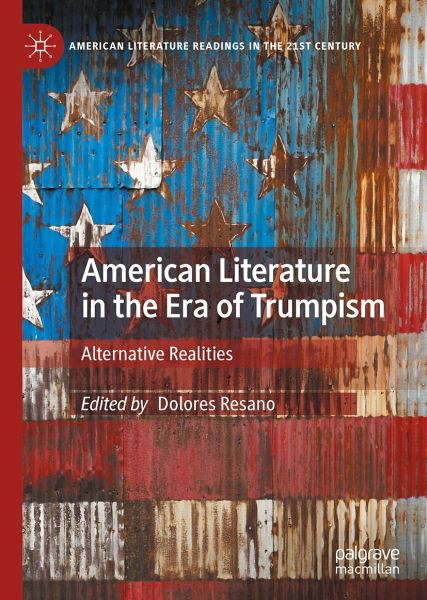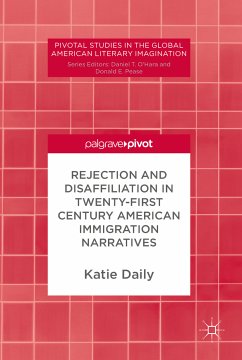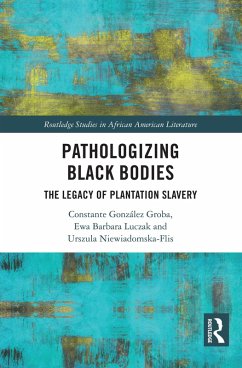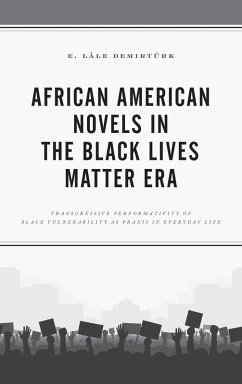
American Literature in the Era of Trumpism (eBook, PDF)
Alternative Realities
Redaktion: Resano, Dolores
Versandkostenfrei!
Sofort per Download lieferbar
80,95 €
inkl. MwSt.
Weitere Ausgaben:

PAYBACK Punkte
40 °P sammeln!
This edited collection offers an exploration of American literature in the age of Trumpism-understood as an ongoing sociopolitical and affective reality-by bringing together analyses of some of the ways in which American writers have responded to the derealization of political culture in the United States and the experience of a 'new' American reality after 2016. The volume's premise is that the disruptions and dislocations that were so exacerbated by the political ascendancy of Trump and his spectacle-laden presidency have unsettled core assumptions about American reality and the possibilitie...
This edited collection offers an exploration of American literature in the age of Trumpism-understood as an ongoing sociopolitical and affective reality-by bringing together analyses of some of the ways in which American writers have responded to the derealization of political culture in the United States and the experience of a 'new' American reality after 2016. The volume's premise is that the disruptions and dislocations that were so exacerbated by the political ascendancy of Trump and his spectacle-laden presidency have unsettled core assumptions about American reality and the possibilities of representation. The blurring of the relationship between fact and fiction, bolstered by the discourses of 'fake news' and 'alternative facts,' has not only drawn attention to the shattering of any notion of 'shared' reality, but has also forced a reexamination of the purpose and value of literature, especially when considering its troubled relation to the representation of 'America.' The authors in this collection respond to the invitation to reassess the workings of fiction and critique in an age of Trumpism by considering some of the most recent literary responses to the (new) American realit(ies)-including works by Colson Whitehead, Ben Winters, Claudia Rankine, Gary Shteyngart, Jennifer Egan, and Steve Erickson, to name but a few-, some of which were composed in the run-up to the 2016 election but were able to accurately and incisively imagine the world to come.
Dieser Download kann aus rechtlichen Gründen nur mit Rechnungsadresse in A, B, BG, CY, CZ, D, DK, EW, E, FIN, F, GR, HR, H, IRL, I, LT, L, LR, M, NL, PL, P, R, S, SLO, SK ausgeliefert werden.












